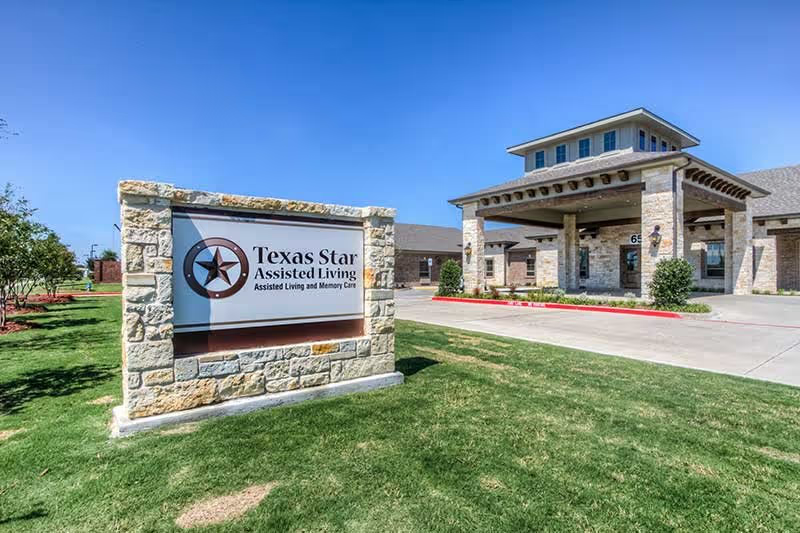Overall sentiment from the collected review summaries is strongly positive about frontline caregiving, facility quality, and resident activities, with a small but significant set of criticisms focused on management and customer service. Multiple reviewers emphasize that staff are welcoming, friendly, helpful and compassionate; phrases such as "goes above and beyond," "takes care of things," and "meets daily needs" appear repeatedly. The facility itself is described as excellent and has an "outstanding annual survey," suggesting compliance with regulatory standards and generally high operational performance in care delivery.
Care quality and staff culture are the clearest strengths conveyed across reviews. Caregivers are praised for both clinical and interpersonal attention — not only meeting residents' daily needs but also forming relationships with residents and caring about one another. Reviewers describe staff as reducing family stress, handling administrative tasks (including a "seamless Medicaid application"), and offering support that makes the experience "stress-free for family." Comments about staff going "above and beyond" and "fantastic staff" indicate frequent instances where employees exceed basic expectations.
Activities and community life are also highlighted positively. The presence of Bible study and an annual "Festival of Trees" points to both spiritual opportunities and seasonal/special events that engage residents. Reviews mention "getting to know residents" and caring staff who foster resident-to-resident connections, which suggests active social programming and a community-oriented atmosphere. These items contribute to quality of life beyond medical and daily-care needs.
Facilities and external markers of quality are affirmed by references to an "excellent facility" and an "outstanding annual survey." Those phrases imply that the physical environment, upkeep, and formal inspections or assessments meet high standards. Several reviews applaud leadership as "positive" and "quality care," reinforcing the sense that many organizational elements function well.
However, a notable counterpoint appears in several reviews that cite serious management and customer service problems. Specific phrases such as "terrible management" and "terrible customer service" suggest that at least some families or residents have experienced lapses in administration, communication, or responsiveness. One review explicitly mentions "not enough time to say goodbye," a strong, emotionally salient complaint that may reflect visitation policies, end-of-life coordination, or operational choices that limited family access. These criticisms stand in contrast to other comments praising leadership, indicating inconsistency in administrative performance or uneven experiences among families.
Patterns and implications: the dominant themes are strong, compassionate frontline care, effective support for families (including Medicaid assistance), and vibrant social/spiritual programming. These strengths appear to be institutionalized to some degree, given the excellent facility comments and positive survey outcome. The primary area needing scrutiny is management and customer service consistency: while some reviewers praise leadership, others report severe dissatisfaction. This mixed signal suggests variability in administrative responsiveness or perhaps uneven experiences across different departments or times. The summaries do not reference dining, medical specialty services, staffing levels, or specific clinical outcomes beyond meeting daily needs, so conclusions in those areas cannot be drawn from the available data.
In summary, Panora Specialty Care is portrayed overall as a facility with strong caregiving staff, good community activities, helpful administrative assistance in areas like Medicaid, and a high-quality physical environment. Prospective residents and families should be encouraged by the consistent praise for frontline staff and the facility's event and spiritual programming, but should also inquire directly about management practices, communication policies, and end-of-life/visitation procedures to clarify the concerns reflected in a subset of reviews.







